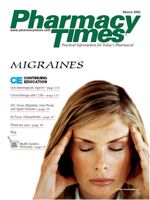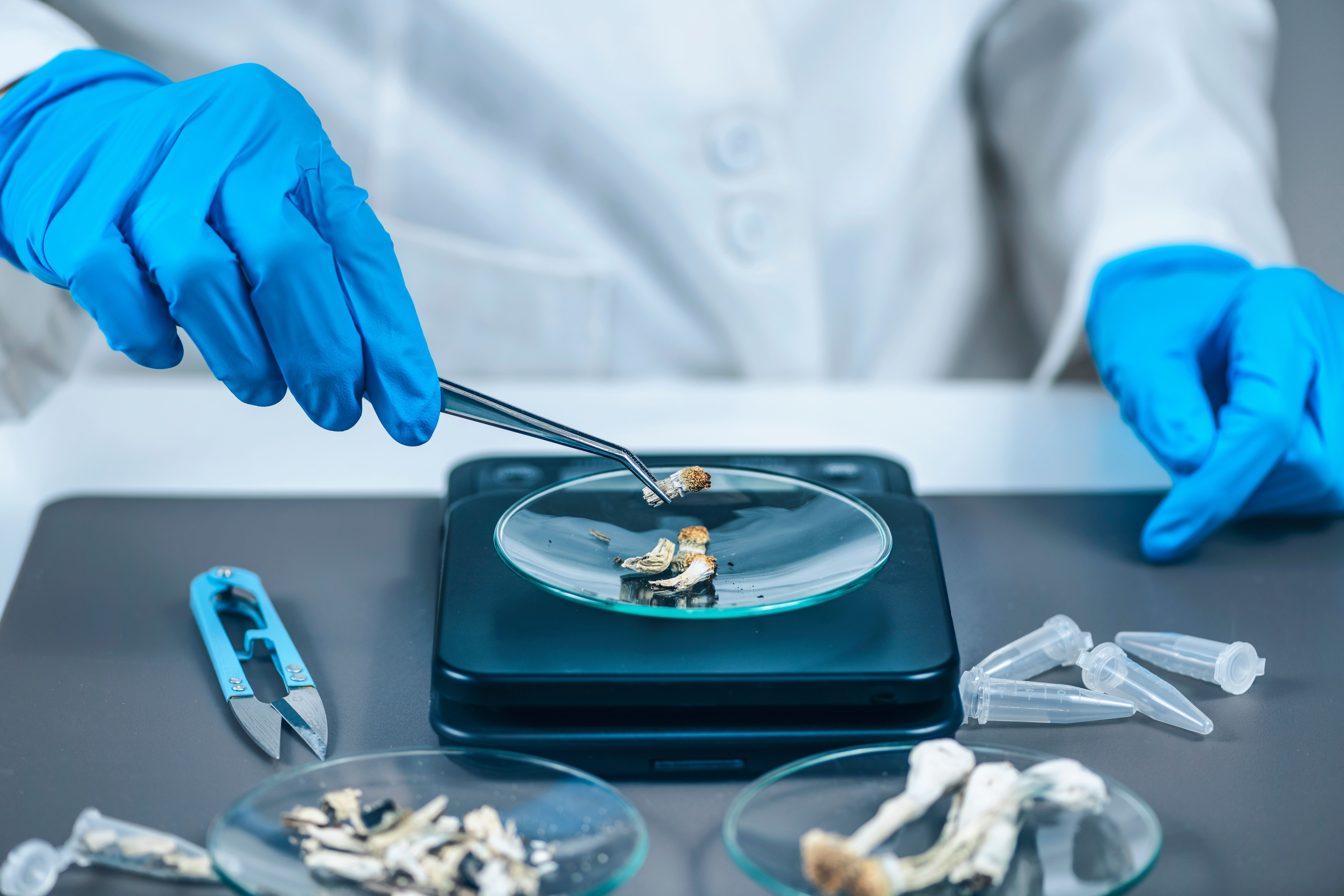Publication
Article
Pharmacy Times
Nutrients to Treat and Prevent Osteoporosis
Author(s):
Osteoporosis is a majorhealth problem in half ofall women, and 1 in 4 menover age 50 will have an osteoporosis-related fracture in their lifetime.1Fortunately, there are supplementsthat pharmacists can recommendthat can strengthen bones and helpprevent osteoporotic fractures.
Data from the Third NationalHealth and Nutrition ExaminationSurvey shockingly revealed that75% of men and 87% of women didnot meet the recommended dailycalcium intake of 1000 mg per day.2Deficiencies in other nutrients arenow being recognized as probablecontributing factors, however. Healthcare professionals do women agreat injustice by recommendingonly calcium for the prevention ofosteoporosis. In 2 studies, when calciumwas administered with a broadspectrum of vitamins and minerals,women demonstrated greater boneimprovement than in any studieswith calcium alone or calcium withhormones.3,4
Magnesium, which is a criticalmineral for bone health, is involvedin calcium metabolism, the synthesisof vitamin D, and the formationof bone. Magnesium deficiency wasshown to be associated with abnormalcalcification of bone in 1 studyof osteoporotic women.5 In anothertrial, postmenopausal women whotook a high-magnesium supplementalong with hormones achievedan 11% increase in bone mass,whereas women taking only hormonesshowed a 0.7% increase. Thesupplement included a range ofother nutrients known to be importantin bone health. This study issignificant because it documentsthe greater effectiveness of treatingosteoporosis with a broad range ofnutrients rather than with just calcium.6 A supplemental magnesiumdosage of 600 to 800 mg per daygenerally is recognized as being safeand effective.
Vitamin K is required for the productionof osteocalcin, the key calcium-binding matrix protein, whichattracts calcium to crystallizationsites. Studies now indicate that vitaminK deficiency is a factor contributingto osteoporosis and that supplementationmay prevent or reversebone loss. A study of osteoporoticpatients showed that they had 74%less vitamin K than controls.7
In postmenopausal women, lowlevels of vitamin K reduced thecapacity of osteocalcin to attract calciuminto the bone matrix by 50%.This capacity was normalized afterwomen were given vitamin K supplementation.8 The primary dietarysource of vitamin K is dark greenleafy vegetables. Patients takinganticoagulant medications shouldbe monitored closely when supplementingwith vitamin K, however.
Manganese is essential formucopolysaccharide biosynthesis,which provides a structure onwhich calcification takes place.9 Arecent study showed that womenwith osteoporosis had blood levelsof this trace element 75% lowerthan women of the same age withoutosteoporosis.10 Supplementalmanganese doses range from 5 to25 mg per day.
Boron is a trace mineral that influencesthe metabolism of calcium,magnesium,11 vitamin D, estrogen,and testosterone.12 Boron supplementationsignificantly reduced urinaryexcretion of calcium andincreased levels of estrogen andtestosterone in a group of postmenopausalwomen.12 The results ofanother study suggest that boronsupplementation may be helpful inpreventing osteoporosis in postmenopausalwomen not taking estrogen.Boron raised serum calcium tolevels comparable with those of acontrol group of women receivingestrogen replacement.13 Boron dosagesrange from 1 to 3 mg per day.
Vitamin D is one of the primaryregulators of calcium absorption.Deficiencies are frequently found inpostmenopausal women withosteoporosis.14 Inadequate sunlightand deficient dietary intake arelargely responsible for reduced vitaminD levels. A daily intake of 800international units is frequently recommended.
Progesterone is a hormone thatstimulates osteoblasts to build newbone. In a now-famous study, JohnLee, MD, instructed 100 postmenopausalwomen (average age65.2 years) to apply OTC naturalprogesterone transdermal cream.After 3 years, instead of having anexpected 4.5% increased bone loss,bone density examinations confirmedthat these women had anaverage increase in bone density of15.4%.15
Pharmacists can provide a greatservice by counseling patients aboutthe use of these natural agents tobuild strong bones and to help preventor delay the onset of osteoporosis.
Dr. Pelton is director ofeducation at IntegrativeHealth Resources Inc.
For a list of references, send a stamped,self-addressed envelope to:References Department, Attn. A. Stahl,Pharmacy Times, 241 Forsgate Drive,Jamesburg, NJ 08831; or send ane-mail request to: [email protected].

Newsletter
Stay informed on drug updates, treatment guidelines, and pharmacy practice trends—subscribe to Pharmacy Times for weekly clinical insights.






